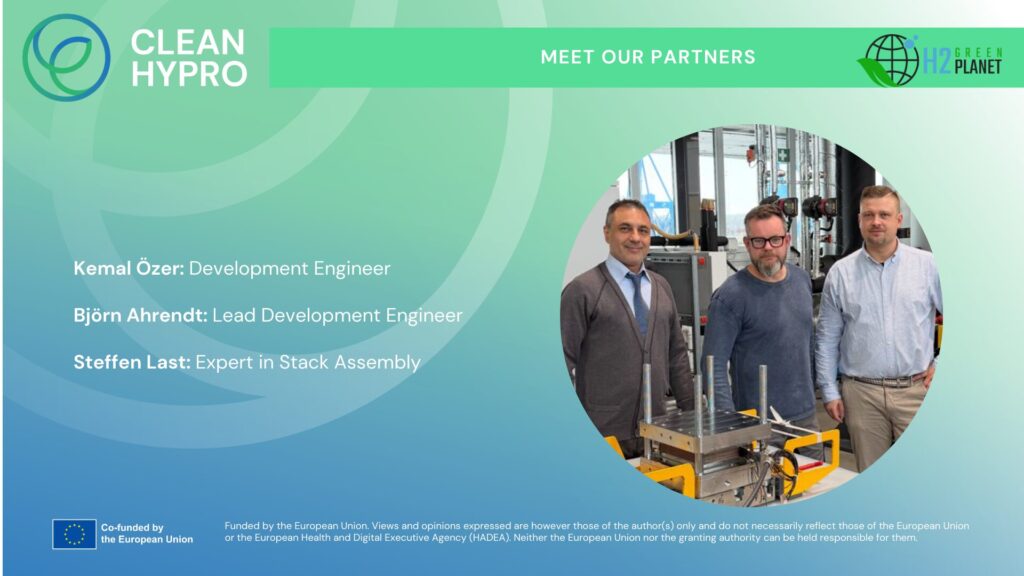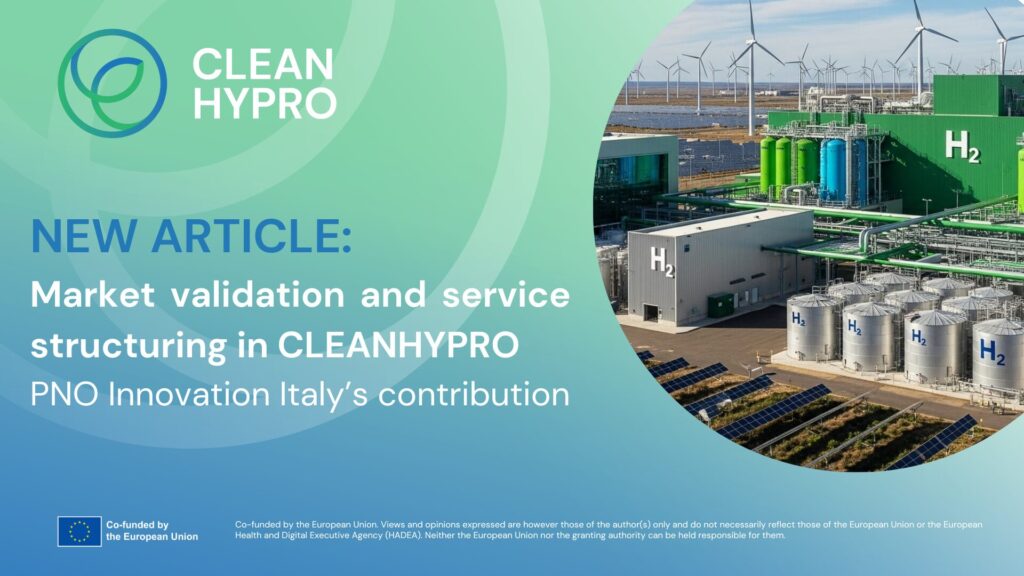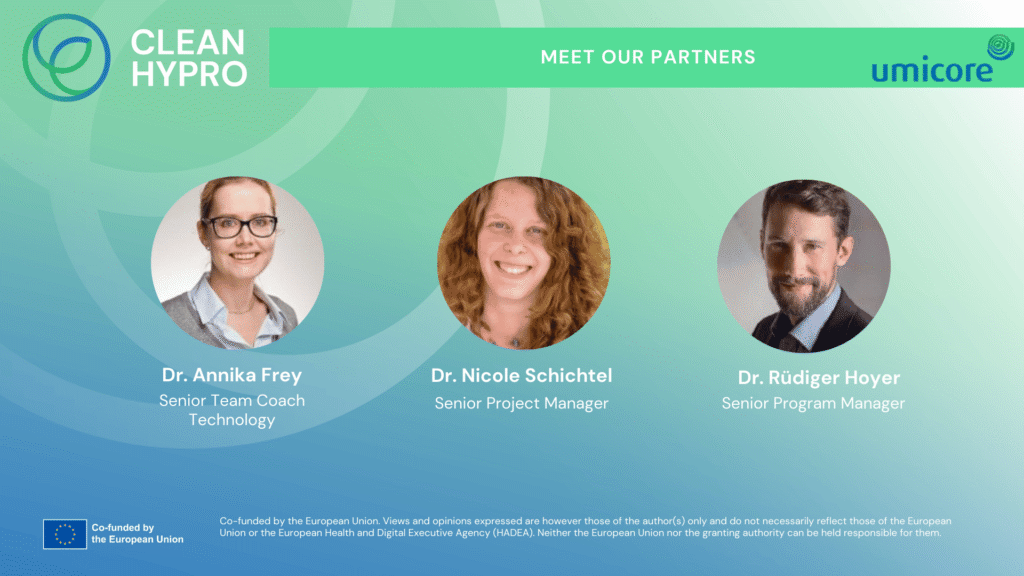Open Innovation Test Bed for Electrolysis Materials for Clean Hydrogen Production
Welcome to CLEANHYPRO, a pioneering EU-funded project within the Horizon Europe framework, dedicated to addressing the critical need for efficient and sustainable hydrogen production.
Within the realm of sustainable production, CLEANHYPRO is set to establish an innovative Open Innovation Test Bed (OITB) focused on scaling up circular innovative materials and components for electrolysis.
Our mission is to serve as an accessible Single Entry Point (SEP) for industrial partners, particularly SMEs, facilitating the adoption of revolutionary electrolysis technologies while minimizing costs and risks, thereby accelerating market adoption.
Join us in shaping the future of sustainable hydrogen production.
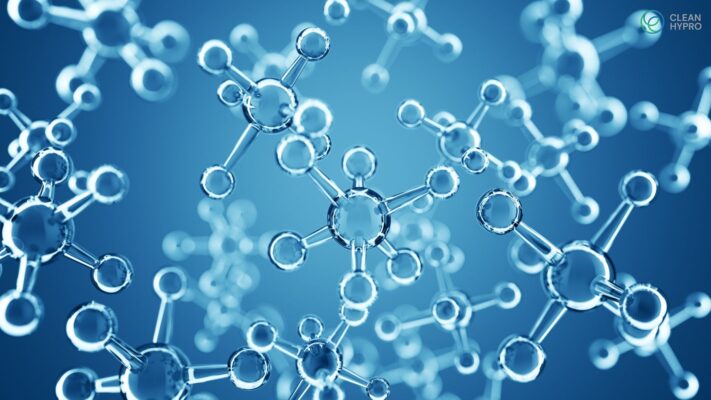

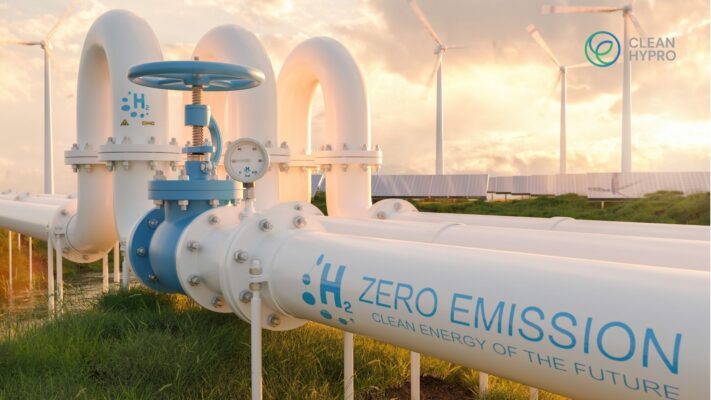
CLEANHYPRO in numbers

CLEANHYPRO consortium comprises 28 partners (7 universities and research centers, along with 21 industries, 11 of which are SMEs), representing a lip collaboration across 11 European countries

CLEANHYPRO’s showcases will serve as practical testing grounds for developed materials, driving innovation, and validating project performance toward its objectives

CLEANHYPRO aims to upscale and upgrade 9 PLs while developing associated services to provide qualified electrolysis materials and essential components, meeting industrial needs, and expediting their market adoption

CLEANHYPRO will launch two Open Calls to fund up to 16 democases, fostering innovation and testing the sustainability of its Single Entry Point (SEP) platform for clean hydrogen production
Partners
























Latest News
